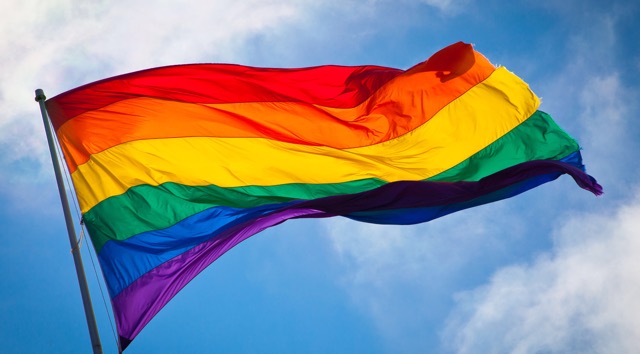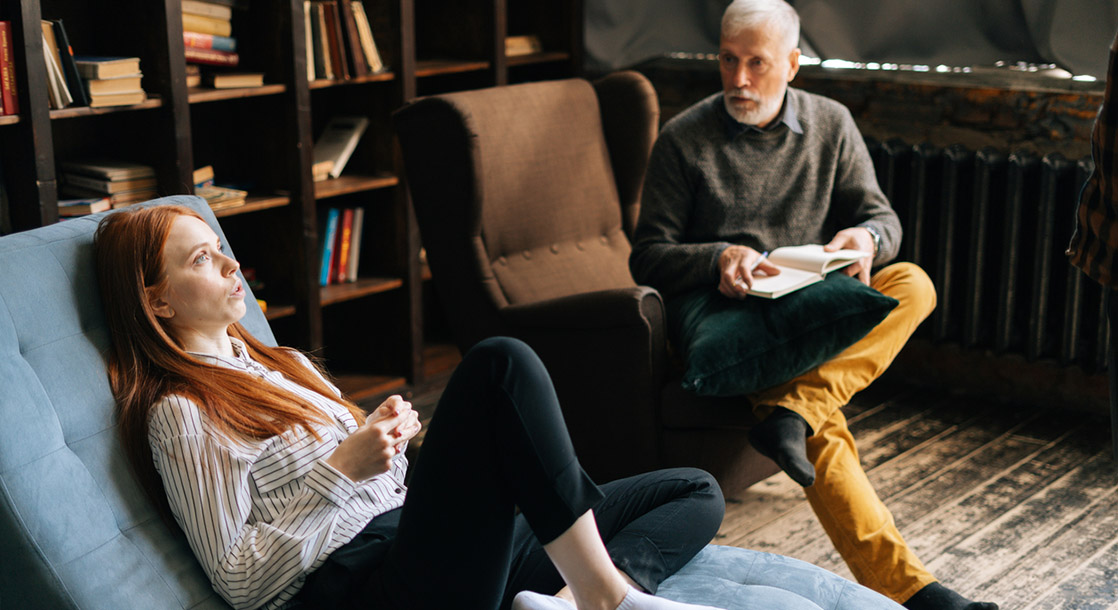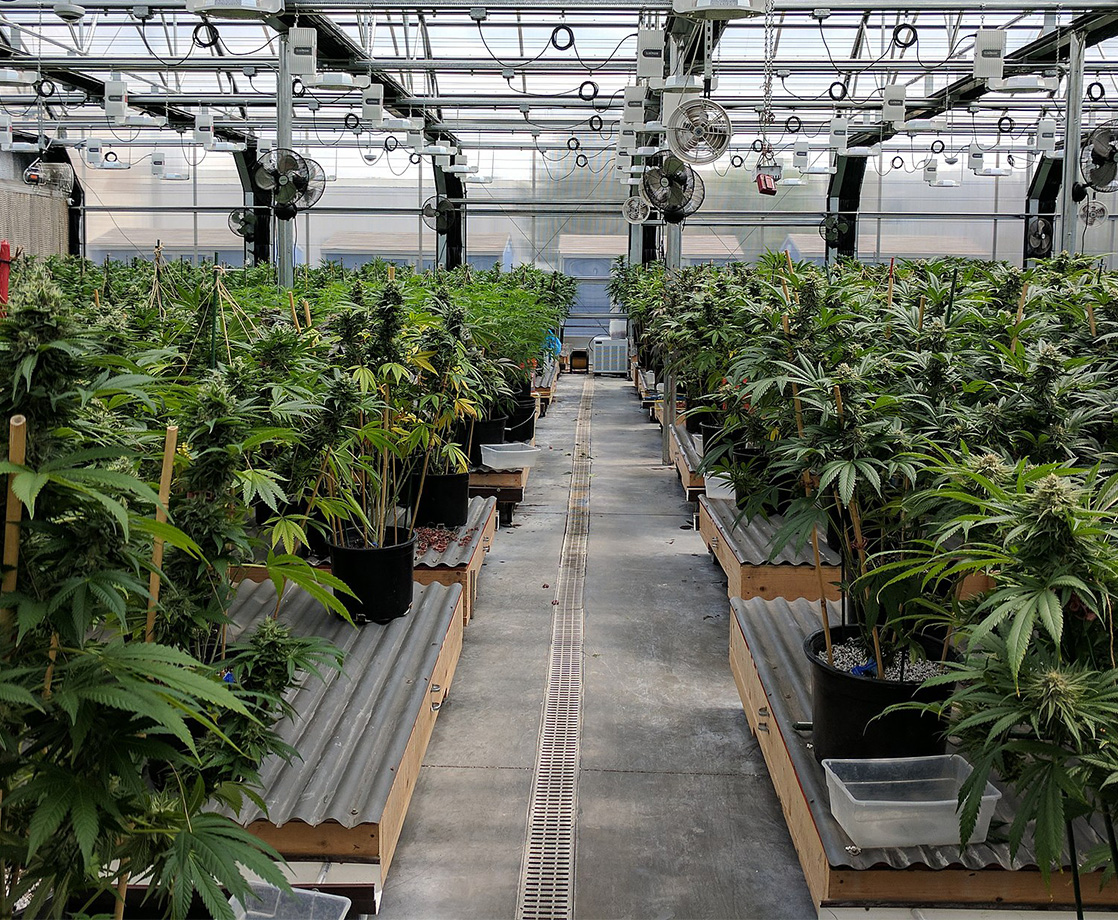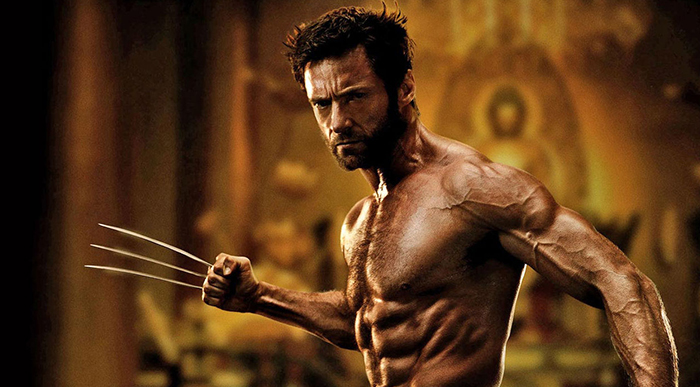Enjoy medical marijuana in California? Thank LGBTQ activists. That’s because homosexuals and their comrades were unquestionably the core driving force behind the earliest efforts to decriminalize medical marijuana in California.
Historically, California led the way for both marijuana reform and gay liberation in the United States. San Francisco was the archetype for a “laboratory of democracy,” as evident in its progressive municipal marijuana and LGBTQ laws that predated any other city in America.
Harvey Milk, the first elected queer in America, pioneered marijuana decriminalization laws. During the pithy 11 months of his iconic role as elected City Supervisor of San Francisco, Milk was influential in passing Proposition W, the first initiative to decriminalize marijuana in the city of San Francisco. Milk and his boyfriend, Scott Smith, had followed the hippie trail to Haight-Ashbury years earlier. Milk cut off his long locks and abandoned his habit of smoking copious amounts of marijuana in order to elevate his image and make marijuana available to others in California. On Nov. 27, 1978, former Supervisor Dan White tragically shot and killed both Milk and San Francisco Mayor George Moscone in City Hall. White’s infamous diminished capacity “Twinkie defense” was a wanton slap in the face to both the queer liberation movement and the medical marijuana movement. The scandal triggered the White Night Riots and eventually led to White’s disgrace and suicide. Milk’s legacy understates his unwavering humility.
Milk’s friend and associate Dennis Peron, a disillusioned Vietnam vet and former pot dealer was about to change everything. During the White Night Riots, Peron was locked up for peddling pot in a converted commune on Castro Street. But later on, Peron discovered a new use for the plant that he'd always loved. Peron’s boyfriend, Jonathan West, was suffering from a new disease called Gay-Related Immune Disorder (GRID). The poorly understood virus was wreaking havoc, particularly within the gay community. By the time 1985 arrived, 12,529 men and women had succumbed to AIDS in the United States. The Reagan Administration irresponsibly took another two years to recognize the AIDS epidemic—by that point, 20,849 men and women had died from AIDS. The Reagan Administration, led by Nancy Reagan, by that time had invoked the “Just Say No” era, and marijuana was re-criminalized and associated with homosexuals more than ever before. Just Say No fever was Reefer Madness nonsense all over again, but this time backed by God himself.
The only medications available for AIDS patients were azidothymidine (AZT), a sketchy but powerful cancer medication that destroys the immune system, and M&M’s, worthless pills that doctors gave to AIDS patients to shut them up but that had little effect on the progression of the virus. Azidothymidine was the first crude antiretroviral approved for the disease that would become AIDS.
By 1990, a secret marijuana store opened at 194 Church Street in San Francisco, almost exclusively catering to homosexuals suffering from AIDS. West spent his final days using marijuana to ease his pain before his death in 1990. The store was opened by Thomas O’Malley and run by a small band of activists. O’Malley died from AIDS only two years later. Peron, and the late “Brownie Mary” Rathburn, and others help pass Proposition P in 1991. “The People of the City and County of San Francisco recommend that the State of California and the California Medical Association restore hemp medical preparations to the list of available medicines in California,” the amendment reads. It was Peron who “almost single-handedly” collected enough signatures to put the initiative on the ballot.
Brownie Mary earned her moniker by passing out medicated brownies to AIDS patients who were in constant pain and permanently losing their appetite due to wasting syndrome. The City of San Francisco eventually gave Rathburn permission to legally distribute marijuana brownies to individuals affected by AIDS. Driven by the pain of watching her homosexual friends suffer, Rathburn was willing to get arrested three times to prove her point. She volunteered for 10 years at the San Francisco General Hospital during the thick of the AIDS epidemic. In 1992, Dennis Peron, Brownie Mary, and others opened the San Francisco Buyers Club, arguably the first marijuana dispensary in the United States. The club went through several name changes over the next few years, becoming the Cannabis Cultivators Club and the Cannabis Heating Club.
Medical marijuana doesn’t have a significant impact on AZT-resistant patients with AIDS. It does, however, improve the quality of life. According to Peron, medical marijuana was the only thing that eased the pain and improved the quality of life in the final days of his late lover Jonathan West. It was West’s death that propelled Peron towards the inception of Proposition 215. Peron co-authored the bill that finally legalized medical marijuana for the first time in America. Peron was arrested multiple times during his effort to legalize medical marijuana. “I decided I’d be a hippie faggot,” Peron told the Los Angeles Times in 1996. “Marijuana made me the person I am.” Peron shared how it felt when his lover lost the battle with AIDS. “At that point, I didn’t know what I was living for. I was the loneliest guy in America,” Peron said. “In my pain, I decided to leave Jonathan a legacy of love. I made it my moral pursuit to let everyone know about Jonathan’s life, his death, and his use of marijuana and how it gave him dignity in his final days.”
The efficacy of marijuana has spread beyond HIV/AIDS to include innumerable illnesses. Proposition 215 signaled a change in the way America perceives marijuana. Almost exactly 20 years later, California voters approved Proposition 64, which legalized marijuana for adults over the age of 21. The bill was opposed by Peron, who still passionately believes that all marijuana is medicine. The ethical reasons behind preserving marijuana’s efficacy as serious medicine has divided the marijuana community.











